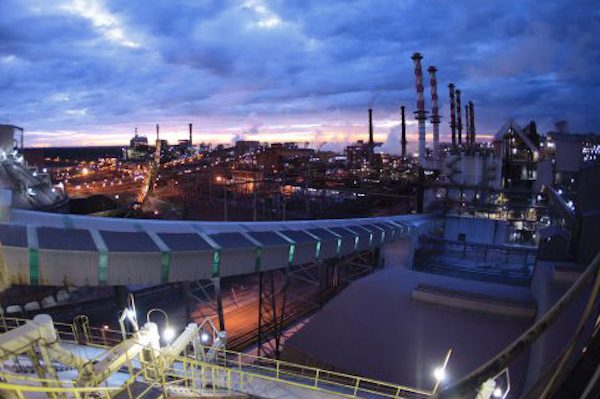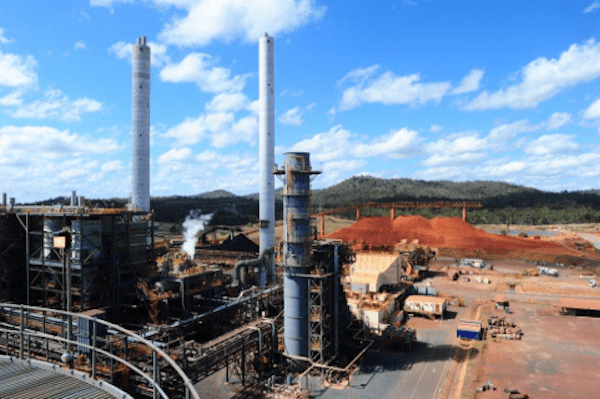It is an essential enabler of the energy transition due to its light weight properties and conductivity – only bettered by copper (and silver) (but since its lower cost it can replace copper in overhead transmission applications as well as cabling in solar power farms and most wind farms – apart from deep sea).
There are stages in an alumina refinery where energy efficiencies can improve. While bauxite mining requires relatively low energy inputs, the requires a great amount of energy in the form of heat. The consumption of fuels to generate steam for the digestion phase and create heat for calcination have associated greenhouse gas emissions.
However, the last decade has seen encouraging developments to combat these issues. Investments in cost-effective upgrades in technology are improving efficiencies, with a 10% improvement in global energy efficiency over the five-year period. New technologies are also helping to reduce CO2 output, as well as providing electricity for local communities.
One of the most extensive areas of change is in the development of cogeneration or combined heat and power (CHP) plants at refineries. This allows fuel combustion to generate electricity and heat simultaneously, delivering a vastly improved energy efficiency balance. Cogeneration produces enough electricity for the refining process, as well as the infrastructure of the facility, and the heat is also captured and turned into steam for the refining process. The CHP plant delivers other benefits, including exporting surplus electricity to local communities or into the grid.
Since 2000, the transition to cogeneration or combined heat and power (CHP) plants at many refineries, where electricity and heat are generated simultaneously, has improved energy efficiency and supported local communities by exporting surplus electricity locally or into the grid. These cogeneration solutions are however transitory, relying on fossil fuels as their inputs. Industry focus is now on zero emission solutions to deliver the required process heat through full electrification or use of green fuels such as hydrogen.

Globally, the alumina refining industry reduced the energy intensity of its operations by 9% between 2006 and 2010, while increasing production by 15%.

